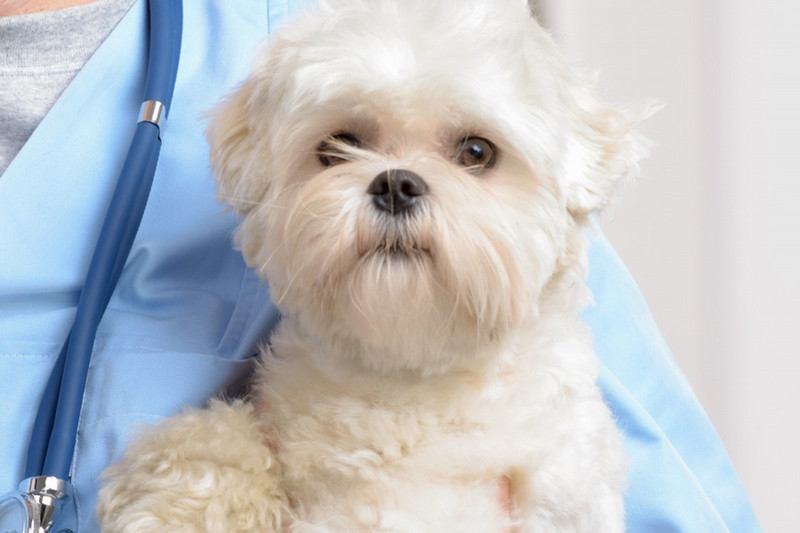Refer a friend and get $50 off! Click here to find out how!

From routine to advanced surgical procedures, our practice offers safe and effective options using state-of-the-art equipment and best practices.
At Summer Creek Animal Clinic, we understand that you are probably nervous about submitting your pet to any type of surgical procedure.
Our compassionate and caring professionals monitor your pet before, during, and after surgery and take exceptional care to ensure your pet's safety and complete recovery.
Related Services
State-of-the-art surgical procedures that are safe and effective.
Cookies on this website are used to both support the function and performance of the site, and also for marketing purposes, including personalizing content and tailoring advertising to your interests. To manage marketing cookies on this website, please select the button that indicates your preferences. More information can be found in our privacy policy here.


